Sharp, alert but also very spontaneous, it seems like there are two opposite people in Nhu Mai when appearing in two roles, poet and journalist.
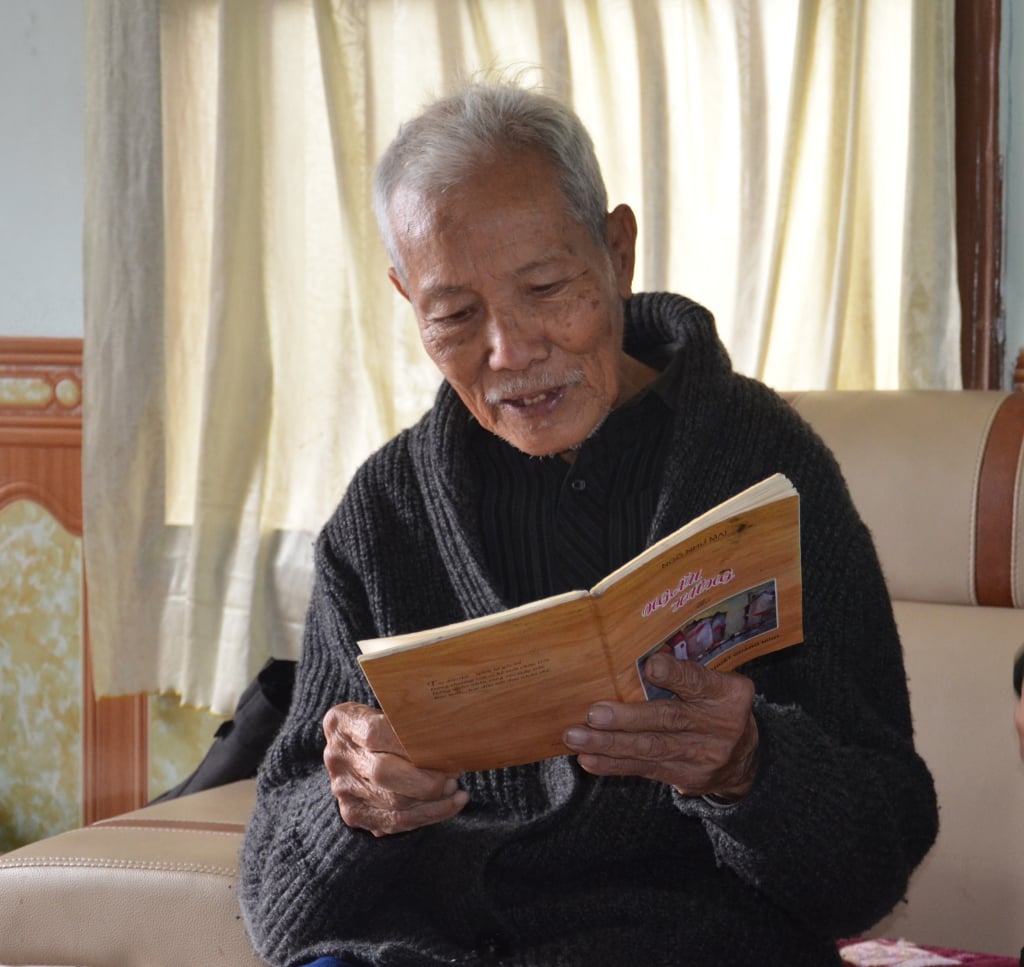
Poet - journalist Nhu Mai's real name is Ngo Huy Binh, originally from Hung Yen, born in 1924 in Hai Phong, grew up and studied in Hanoi. Nhu Mai started revolutionary activities at the age of 20, was in charge of the Youth for National Salvation in Lien Khu 2, and worked for the newspaper Cuu Quoc. The pen name Nhu Mai was the combined name of two lovers, one of whom later became his wife. When working for a newspaper at that time, Nhu Mai often wrote essays. He inherited his father's sharp essay writing style. His father, Ngo Huy Van (former Deputy Director of the Post Office), often signed the pen name Chu Thuong in the newspaper "Trung Bac Tan Van" during the French colonial period. There was a time when journalist Nhu Mai took up the pen name Chu Thuong in the "Truyen co tan trang" section of the Lao Dong newspaper.
After peace was restored, Nhu Mai worked at the Press Department. In 1956, the Central Committee organized a writing camp in Hanoi, writing about the success of land reform, he attended and Tran Dan, Le Dat, Hoang Cam... were also present at this writing camp. Suddenly one day, reading an editorial of Nhan Dan newspaper, he saw the newspaper criticizing the mechanical, stereotyped writing style, so he wrote the story "Machine Poet". In the "Nhan Van" newspaper, issue 5 - the last issue, he published the short story Machine Poet under the pen name Cham Van Biem, criticizing the stereotyped, mechanical, bland and useless literary style.
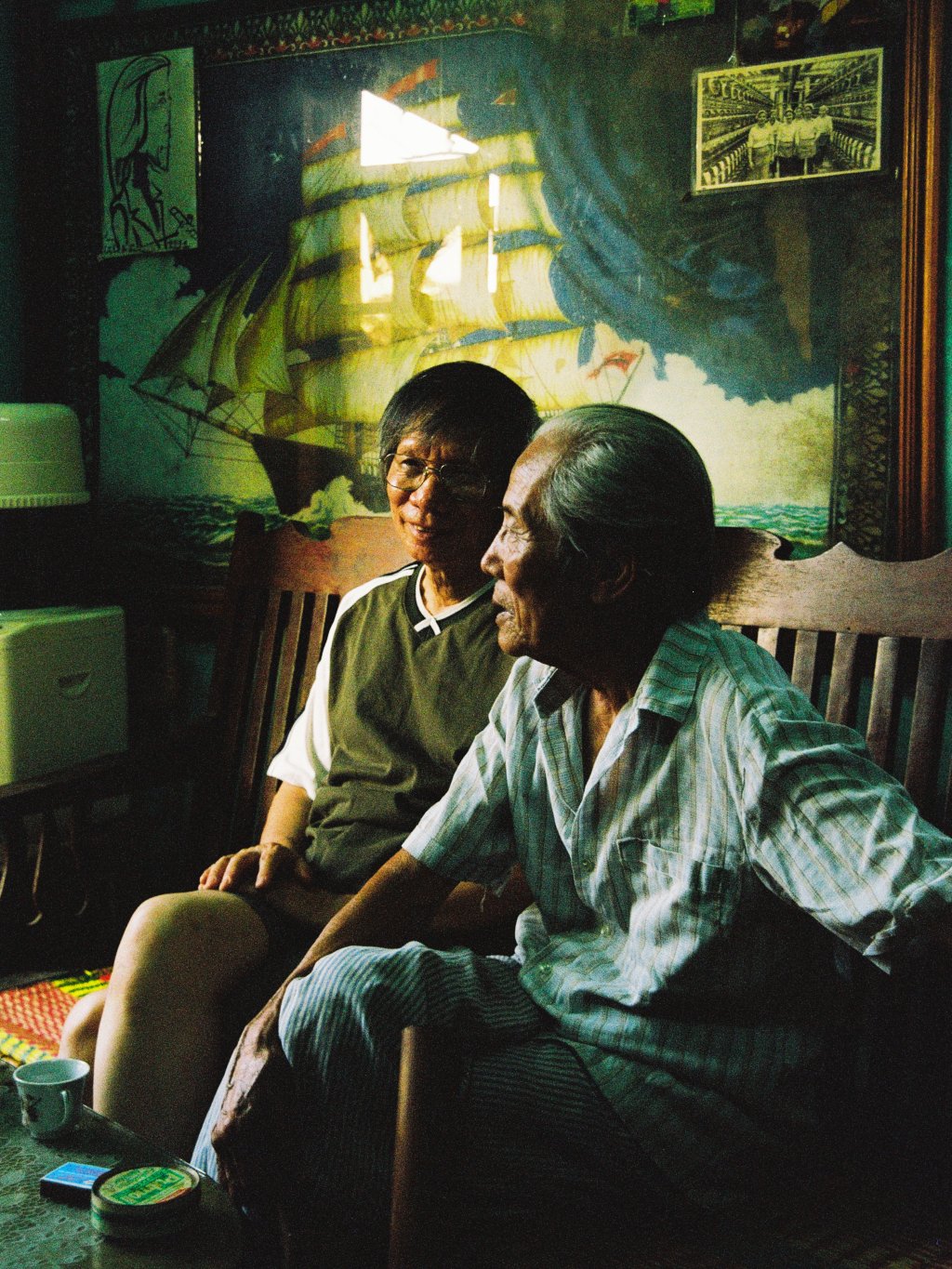
Since 1958, Nhu Mai worked at the Mining Region Newspaper (later Quang Ninh Newspaper) as Head of the Industrial Group, then Editorial Secretary. In 1987, journalist Nhu Mai retired and then worked as a contributing editor for Ha Long Newspaper. The Ha Long Literature and Arts Newspaper, with poet Nhu Mai as Editorial Secretary, has become increasingly popular with readers.
That was largely thanks to the veteran talent of journalist Như Mai, a disciplined, skilled, careful journalist who fought fiercely against negativity through literature and art. Still using literary criticism with pen names like May Gat or Cham Van Biem, Như Mai made Ha Long Newspaper increase its critical nature, criticize the bad, the backward, and fight against negativity. During Như Mai's time, the newspaper published short stories like "Dầm Ma" by Trần Quang Vinh; there were regular columns on satire and attack like "Lao Khung".
Thanks to that, Ha Long Newspaper was welcomed by readers every time it was published. Before the newspaper was published, people were already waiting to buy it to read the articles published in the previous issue, to see who wrote this column, what article; to read because someone whispered in advance that this issue had this article, that article... Many readers became fans of Ha Long Newspaper. The newspaper sold like hotcakes, not only did artists and writers read the newspaper but the general public also read it. Mentioning Nhu Mai and the time when Ha Long Newspaper was published once a month to connect to today when it has been upgraded to twice a month is truly an important milestone in the development of Ha Long Newspaper.
In addition to his role as a journalist, Nhu Mai is also known to readers as a poet. Nhu Mai’s poetry is heavily influenced by current events. But there is another type of poetry, love poetry, that is truly Nhu Mai’s style, a passionate, emotional, spontaneous poetic voice that flows with the flow of emotions. Throughout his life, he wrote many poems but only published one collection of poems titled “Improvisation”.
In recognition of his contributions to his homeland, country and journalism career, journalist and poet Nhu Mai was honored to receive many noble awards, such as: First Class Resistance Medal, First Class Resistance Medal against America, Commemorative Medal for Participation in the General Uprising to Seize Power and many certificates of merit for his journalism career, literary and artistic career. In 2020, he passed away, leaving behind endless sorrow for his colleagues and readers who love literature and journalism.
Source











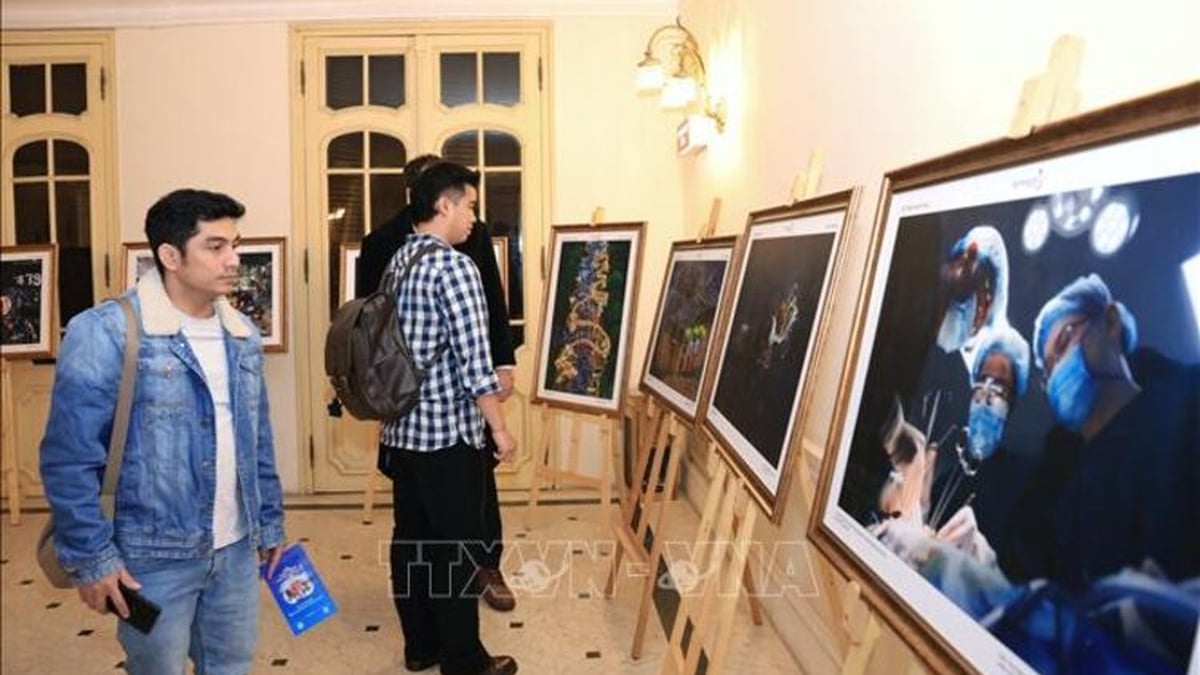

















![[Photo] National Assembly Chairman attends the seminar "Building and operating an international financial center and recommendations for Vietnam"](https://vphoto.vietnam.vn/thumb/1200x675/vietnam/resource/IMAGE/2025/7/28/76393436936e457db31ec84433289f72)




















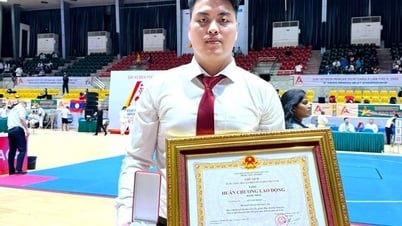













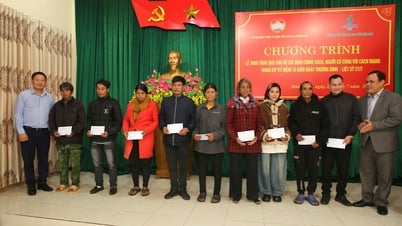


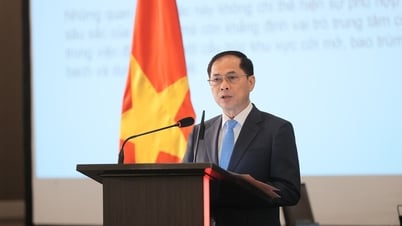



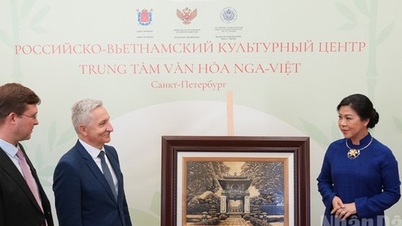


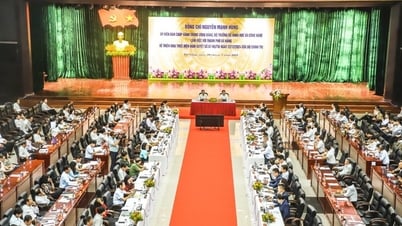

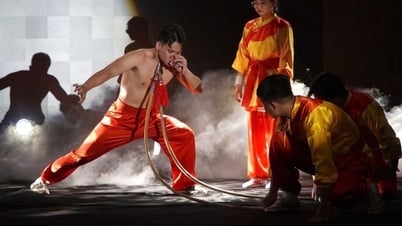






















Comment (0)